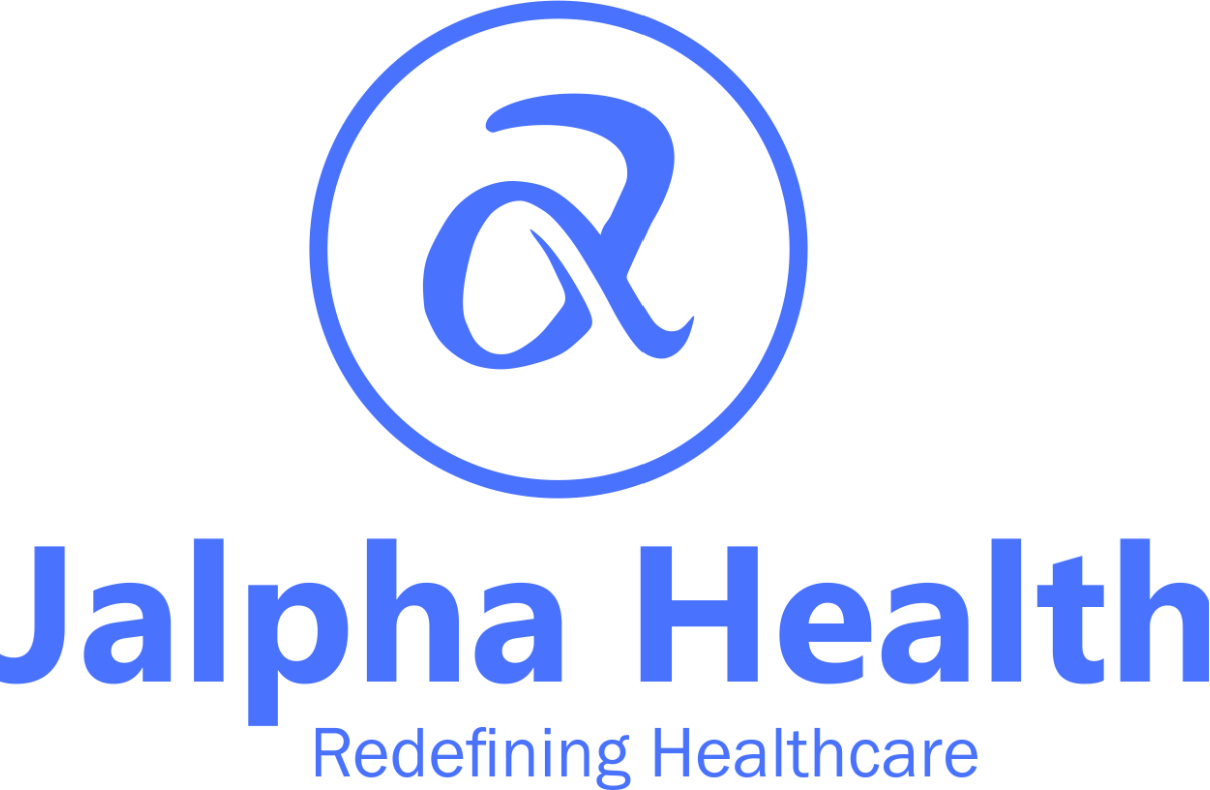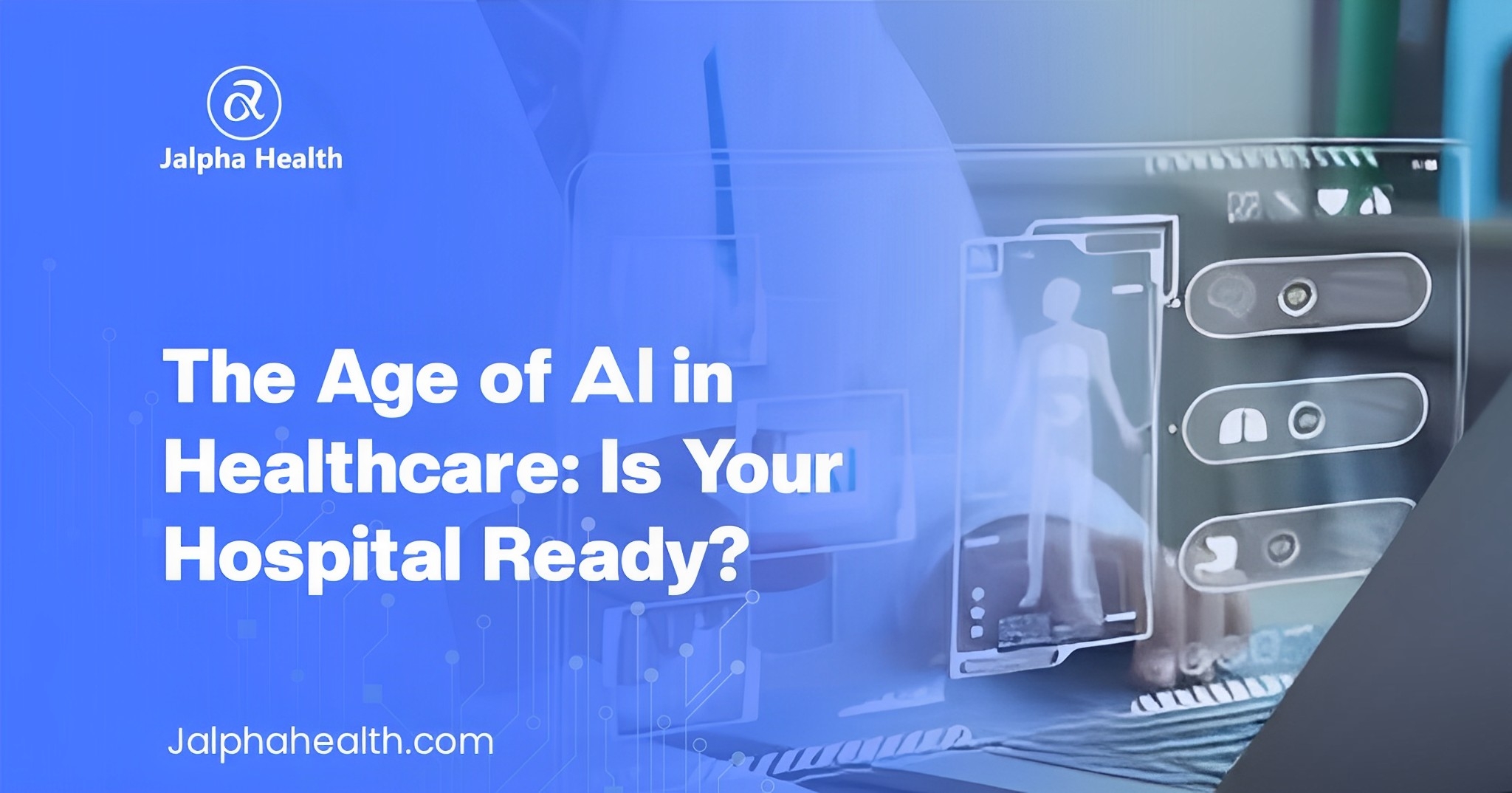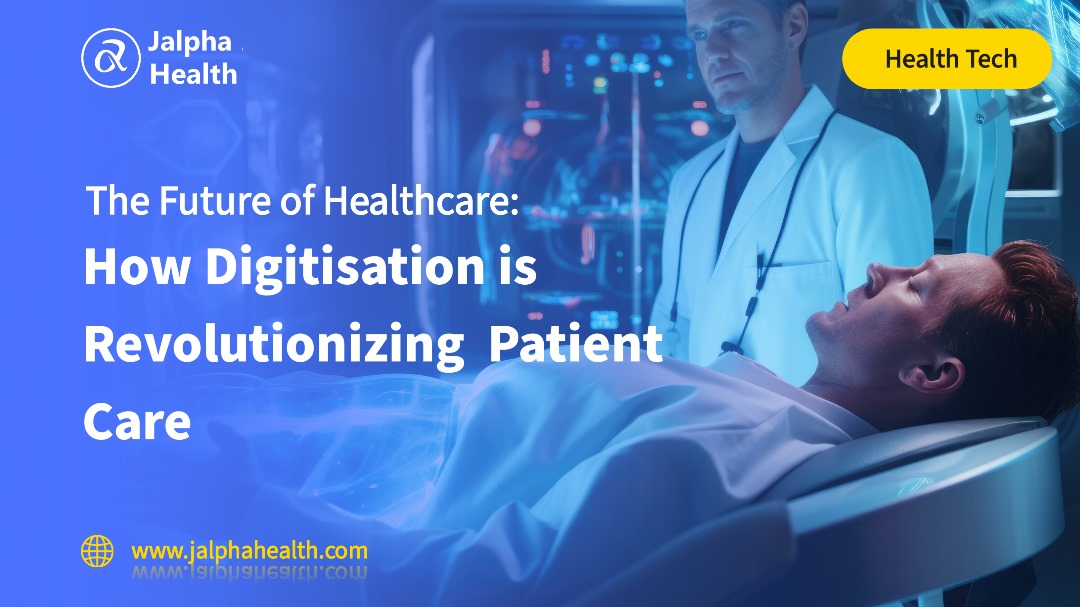The Age of AI in Healthcare: Is Your Hospital Ready?
The healthcare industry is witnessing an incredible growth in innovation and efficiency which is driven by a seismic shift towards artificial intelligence (AI).
In recent times, the emergence of AI has revolutionized healthcare by providing advanced data analysis, predictive modeling, and decision support systems. These technologies are proving to be more accurate in diagnoses, personalized treatments, and efficient resource management.
This transition is redefining how we manage clinical data and hospital resources, but it requires a proactive approach to change management which many are yet understand and apply.
Change management is crucial as hospitals shift from traditional methods to AI-driven solutions. It involves preparing your workforce, redesigning processes, and adopting new technologies. The goal is to facilitate a smooth transition that minimizes disruption while maximizing efficiency.
Why is a good change management plan important?
A well-structured change management plan ensures that the introduction of AI into healthcare settings is smooth and beneficial. It provides a roadmap for adopting new technologies, preparing staff, and redesigning processes. An effective change management plan can lead to:
– Enhanced Staff Engagement: By involving staff in the transition process, hospitals can foster a culture of innovation and collaboration.
– Improved Patient Care: Streamlined processes and AI-driven insights that enhance the quality of care and patient outcomes.
– Operational Efficiency: AI can optimise hospital workflows, leading to cost savings and better resource allocation.
Conversely, a lack of proper change management can have detrimental effects, such as:
– Resistance to Change: Without clear communication and staff involvement, new initiatives may face pushback.
– Disruption of Services: Poorly managed transitions can lead to operational inefficiencies and compromised patient care.
– Wasted Resources: Ineffective planning can result in squandered time and financial investments.
Now, Is Your Hospital Ready?
To determine if your hospital is ready for this AI driven revolution, consider the following:
– Infrastructure: Do you have the IT infrastructure to support AI technologies? Computers, stable electricity and internet connection are essentials you need to run a smooth operation.
– Workforce: Is your staff trained to integrate AI into their workflow? Training programs can help staff adapt to these tools, as a study noted by Hospital Management Asia suggests that AI can help reduce, or even completely eliminate, time spent on routine administrative tasks, which can take up a significant portion of a healthcare practitioner’s time. This would allow staff to focus more on providing quality patient care. (https://www.hospitalmanagementasia.com/ai-iot-5g/boosting-healthcare-staff-efficiency-and-productivity/)
– Data Governance: Are your data governance policies robust enough to handle AI’s requirements?
At the forefront of this transformation is Jalpha Health. Our EHR product is designed to be the seamless solution that helps paper-based hospitals transition to digital systems. With features like secure electronic health records, AI-powered clinical decision support, and telemedicine consultations, Jalpha Health EHR is not just partnering with hospitals to navigate the digital landscape, they are also deploying customized change management plans to ensure that everyone is carried along in this revolution.
The age of AI in healthcare is here, and it promises a future of improved efficiency, better patient outcomes, and reduced costs. How ready are you to be a part of it?



